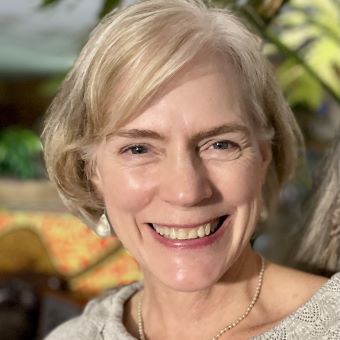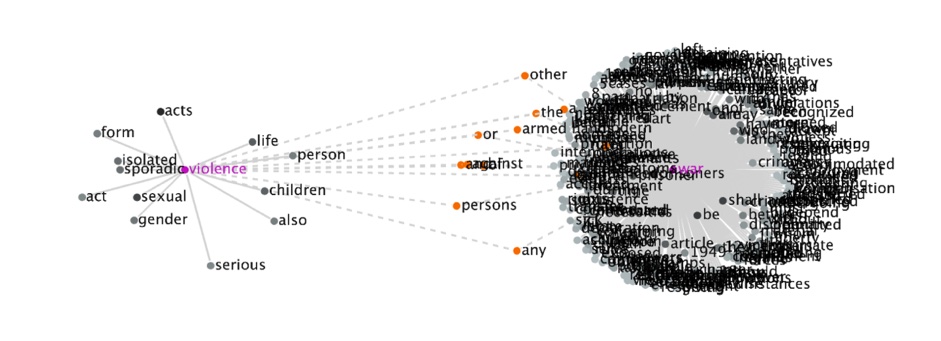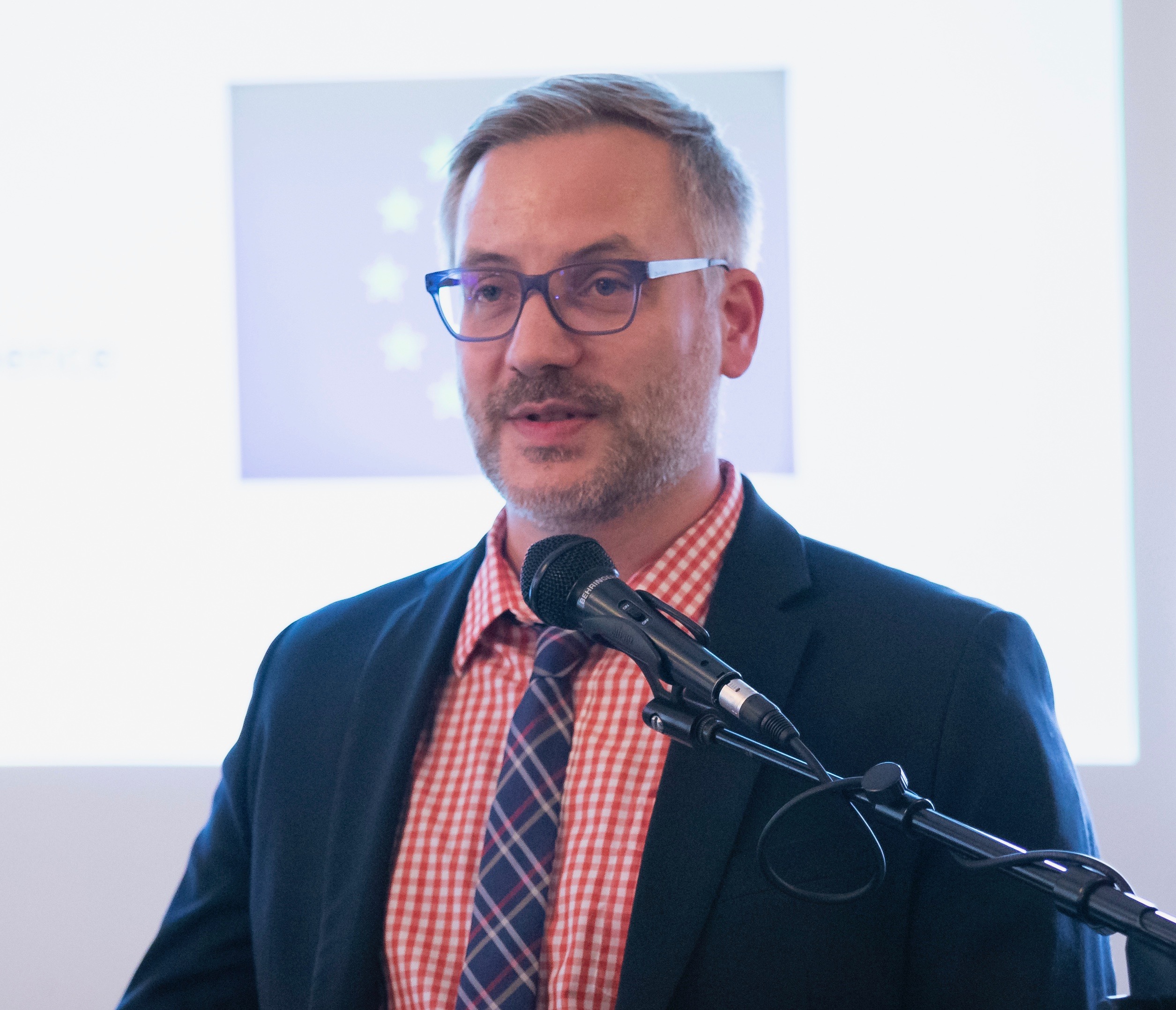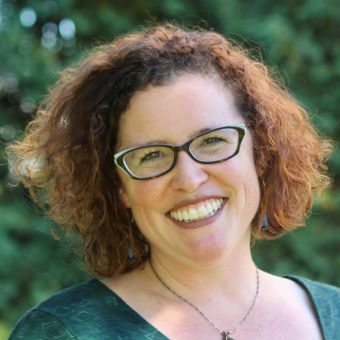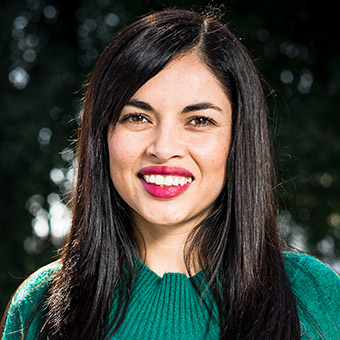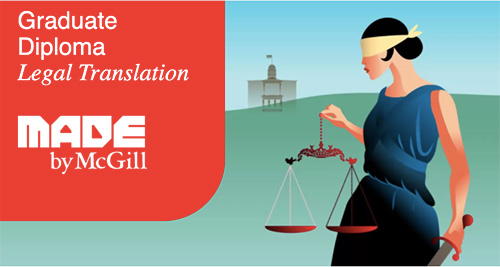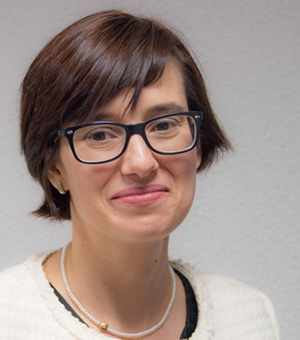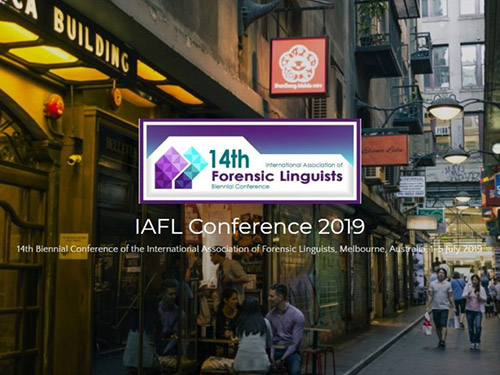Area of Interest: Law and Language
-
February 2024: Considering Language about “the Conflict”
As the world remains transfixed by daily news reports about the ongoing conflict involving Israel and Palestine, playing out largely in Gaza, some observers have directed attention to how events are being verbally described in the English-language press. It would appear that a war of actions is being bolstered by a war of words.
-
May 2023: “The Importance of Legal Metaphor”
This month’s Spotlight is contributed by Hub member Miguel Ángel Campos Pardillos, Senior Lecturer in English Linguistics at the University of Alicante, Spain. His teaching involves mainly Legal English and English-Spanish Translation, mostly at a postgraduate level, where he has supervised a number of PhD dissertations related to translation and languages for specific purposes. He…
-
July 2022: “Introducing the Macquarie Laws of War Corpus (MQLWC)”
This month’s feature is contributed by Annabelle Lukin (Macquarie University) and Rodrigo Araújo e Castro (Universidade Minas Gerais/Macquarie University). They introduce a newly available corpus, based on the key texts of international war law, now available to be searched using corpus linguistics techniques. This corpus enables critical law scholars and linguists to collaborate on studies of c.170 years of international…
-
April 2022: “The Language(s) of Politics: Multilingual Policy-Making in the European Union”
This month’s feature is contributed by Nils Ringe (Brandeis class of 2001), Professor of Political Science and Director of the Jean Monnet EU Center of Excellence for Comparative Populism at the University of Wisconsin-Madison. He introduces his newly published book, The Language(s) of Politics: Multilingual Policy-Making in the European Union (University of Michigan Press 2022). The eBook version is available…
-
March 2022: “Linguistic profiling: An under-recognized force in the justice system and beyond”
LCJ Hub member Shawna Shapiro, Associate Professor of writing and linguistics at Middlebury College in the US, calls our attention to an often unperceived influence on our interactions and understandings, including those in the legal field. Read more about Shawna’s work at her college webpage. One of the commonplaces in the legal profession and the criminal…
-
February 2022: “Why is it important to define the concept of ‘plain writing’ in the legal field?”
LCJ Hub member Paulina Meza, Associate Professor and researcher at the Universidad de La Serena in Chile, contributes this month’s Spotlight on a critical issue around language and the law. Although the issue of plain language in the legal field has attracted great interest recently (Castellón, 2009; Songa, 2013; Carretero, 2015; Blank and Osofsky, 2017;…
-
September 2020: “Survey of Canadian Legal Translation Professionals: Who Are These Gatekeepers of Equal Access to Justice?”
By Hub member Dr. Marie-Hélène Girard, Assistant Professor and Academic Coordinator, School of Continuing Studies, Graduate Diploma in Legal Translation, McGill University Located in Montreal, one of the world’s most bilingual cities, McGill University not only has a long tradition of building bridges between Canada’s two official languages of English and French, but its law programs…
-
July 2020: “Symbolic Violence and Legal and Institutional Translation”
This commentary is written by Dr M. Rosario Martín Ruano, Co-PI (together with Prof. África Vidal) of the research project VIOSIMTRAD [Symbolic Violence and Translation: Challenges in the Representation of Fragmented Identities within the Global Society, FFI2015-66516-P] (funded by the Spanish Ministry of Economy and Competitiveness and ERDF Funds). The research project VIOSIMTRAD is carried…
-
May 2020: “Lawyers Need to Know More About Language”
This article was originally published on 18 July 2019 at Language on the Move, a peer-reviewed sociolinguistics research site devoted to multilingualism, language learning and intercultural communication in the contexts of globalization and migration. It was authored by Hub members Laura Smith-Khan and Alexandra Grey. It discusses presentations made at the most recent Biennial Conference of the International Association of Forensic…
